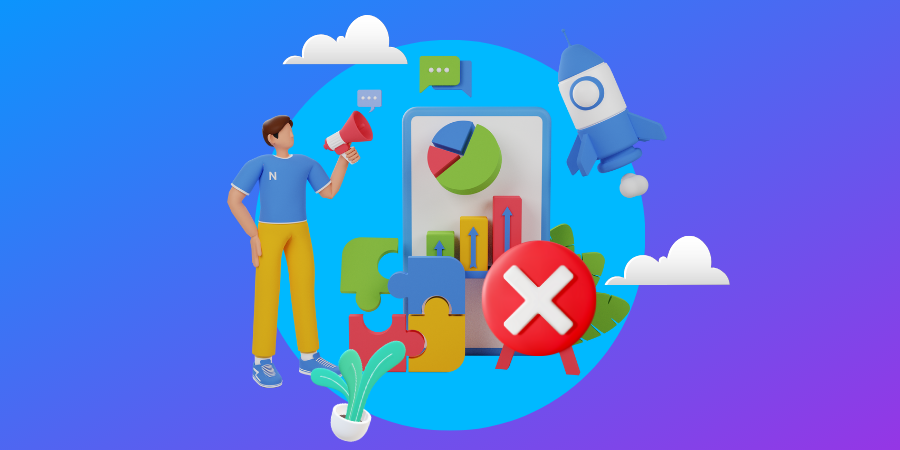
Understanding the Challenges of Managing Content Across Multiple Platforms
In today’s digital landscape, businesses often find themselves juggling content across numerous platforms – websites, social media, blogs, email marketing campaigns, and more. This fragmentation can lead to inconsistencies, inefficiencies, and ultimately, a diluted brand message. Managing assets, ensuring brand consistency, and tracking performance across all these channels becomes a significant challenge, demanding substantial time and resources. The lack of a centralized system often results in duplicated efforts, version control nightmares, and missed opportunities for optimization.
The Power of a Centralized Content Repository
A robust Content Enterprise CMS (Content Management System) offers a centralized hub for all your content. Instead of scattered files and disparate platforms, a single source of truth provides a unified view of all your digital assets. This streamlined approach simplifies content creation, management, and distribution. Editors can easily access, update, and repurpose content, reducing the risk of errors and ensuring consistency across all channels. The centralized repository also improves collaboration, allowing teams to work together seamlessly on projects.
Streamlining Content Workflow with Automation
Many modern CMS solutions offer automation features that can significantly streamline your content workflow. Automated workflows can be configured to handle tasks such as content approvals, publishing schedules, and asset management. This reduces manual intervention, freeing up your team to focus on strategic initiatives rather than repetitive tasks. For example, automated approval workflows ensure that all content adheres to brand guidelines before publication, while automated scheduling guarantees consistent content delivery across different platforms.
Enhanced Collaboration and Team Efficiency
Effective collaboration is crucial for successful content creation. A centralized CMS facilitates seamless teamwork by providing a shared workspace for editors, writers, designers, and other stakeholders. Users can easily comment, review, and approve content within the system, minimizing email exchanges and ensuring everyone is on the same page. Built-in version control helps prevent confusion and ensures that only the most up-to-date content is used. This streamlined collaboration significantly improves team efficiency and accelerates the content creation process.
Data-Driven Insights for Content Optimization
A key benefit of a modern CMS is its ability to provide valuable data-driven insights into content performance. By tracking key metrics such as website traffic, engagement rates, and conversion rates, you can gain a clear understanding of what’s working and what’s not. This data allows for data-informed decision-making, enabling you to optimize your content strategy for better results. Many CMS platforms integrate with analytics tools, providing a comprehensive overview of your content’s effectiveness.
Scalability and Flexibility for Future Growth
As your business grows, your content needs will inevitably evolve. Choosing a scalable and flexible CMS is crucial to accommodate this growth. The right platform should be able to handle increasing volumes of content, users, and functionalities without compromising performance. Look for a CMS that offers modular architecture, allowing you to easily add new features and integrate with other systems as your needs change. This ensures that your CMS remains a valuable asset as your business expands.
Seamless Integration with Other Business Systems
A truly effective CMS integrates seamlessly with other business systems, such as CRM (Customer Relationship Management) and marketing automation platforms. This integration allows for a more holistic view of your customer interactions and enables you to personalize content based on individual preferences and behavior. For example, integrating your CMS with your CRM allows you to tailor email marketing campaigns based on customer segmentation, leading to higher engagement rates and improved conversion.
Choosing the Right Enterprise CMS Solution
Selecting the right Enterprise CMS is a critical decision. Carefully evaluate your specific needs and requirements before making a choice. Consider factors such as scalability, security, ease of use, integration capabilities, and the overall cost of ownership. It’s often beneficial to conduct a thorough needs assessment and involve key stakeholders in the decision-making process. Choosing a solution that aligns with your business goals is crucial for maximizing its value.
Security and Data Protection in a Content Enterprise CMS
In today’s digital world, data security is paramount. A robust Enterprise CMS should provide comprehensive security features to protect your valuable content and user data. Look for solutions with features such as access control, encryption, regular security updates, and compliance with industry standards like GDPR and CCPA. Protecting your content and user data is essential for maintaining trust and avoiding potential legal issues. Visit here about enterprise cms platforms








